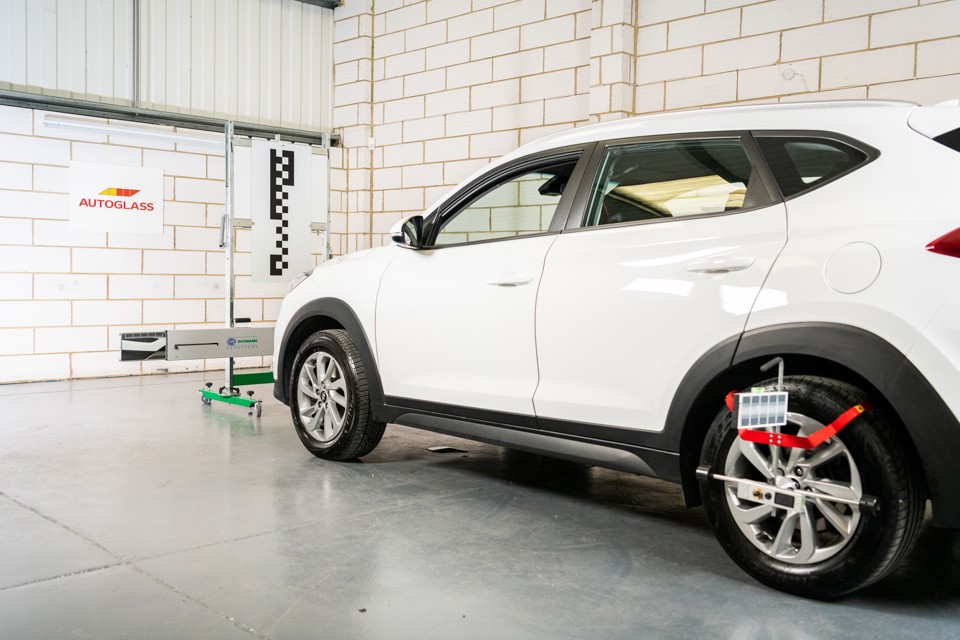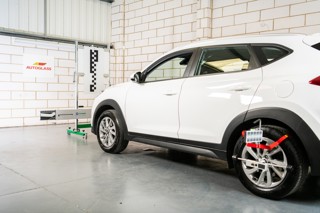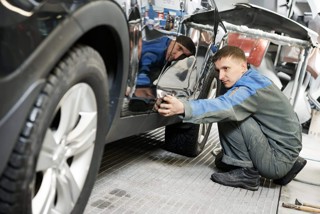Four-in-five drivers mistakenly expect to be warned by their vehicle when advanced driver-assistance systems (ADAS) are faulty, research from Autoglass suggests.
Despite a clear majority (72%) of drivers understanding that ADAS can help to reduce accidents, the research warns that millions of drivers could be relying on their dashboard to tell them when something is wrong.
However, ADAS technologies currently do not have the capability to alert the driver if they have not been correctly recalibrated or recalibrated at all, for example following a windscreen replacement, or if a minor accident has caused them to be knocked out of alignment, says Autoglass.
Chris Abbotson, national sales manager at Autoglass, explained: “Advanced driver-assistance systems are dramatically improving road safety, but they can only do so if the sensors are properly recalibrated by a skilled technician.
“It’s incredibly dangerous for a driver to be in charge of a vehicle if the onboard sensors are either not recalibrated or not recalibrated correctly, as they would likely be relying on safety systems that are unable to accurately identify hazards on the road.”
ADAS technologies, which include safety features such as blind spot warning, parking sensors and lane keep assists, are found on more and more fleet vehicles in the UK and are increasingly relied upon for the safety of drivers and other road users.
ADAS sensors need to be recalibrated correctly after a windscreen replacement to ensure they are functioning as the manufacturer intended them to. As it stands, only half (48%) of UK drivers realise this is the case.
Autoglass says it is important that fleet managers check that the ADAS sensors on the vehicles in their fleet are recalibrated after any windscreen replacement and that they are recalibrated correctly to minimise the risk of accidents.
Overall awareness of ADAS features amongst drivers also remains concerningly low, with only 33% having heard of advanced emergency brake systems, and only 21% aware that vehicles can automatically recognise traffic signs.
The research highlights that more must be done to educate drivers about managing the systems to ensure these advanced safety systems function correctly, says Autoglass.
“When choosing partners for any windscreen work, fleet managers need to ensure they are working with the best technicians who have received the latest training to ensure they are capable of correct ADAS recalibration and are aware of the latest technologies in vehicles,” said Abbotson.
“All technicians at Autoglass complete the IMI accredited ADAS training to ensure they can replace windscreens and recalibrate the ADAS sensors in one appointment, minimising downtime for vehicles and reducing the risk for drivers.”
























Is that so - 20/08/2021 13:50
road safety is already compromised by the manner in which these systems are developed and implemented - these "assistants" tend to follow ideal world programming often ignoring the reality of the real world where a human sits behind the wheel supposedly in charge of the vehicle. They have become excessively complex and increasingly impossible to permanently switch off. Starting a modern car is no longer a key in the ignition but rather a complex launch sequence as systems engage and power on.